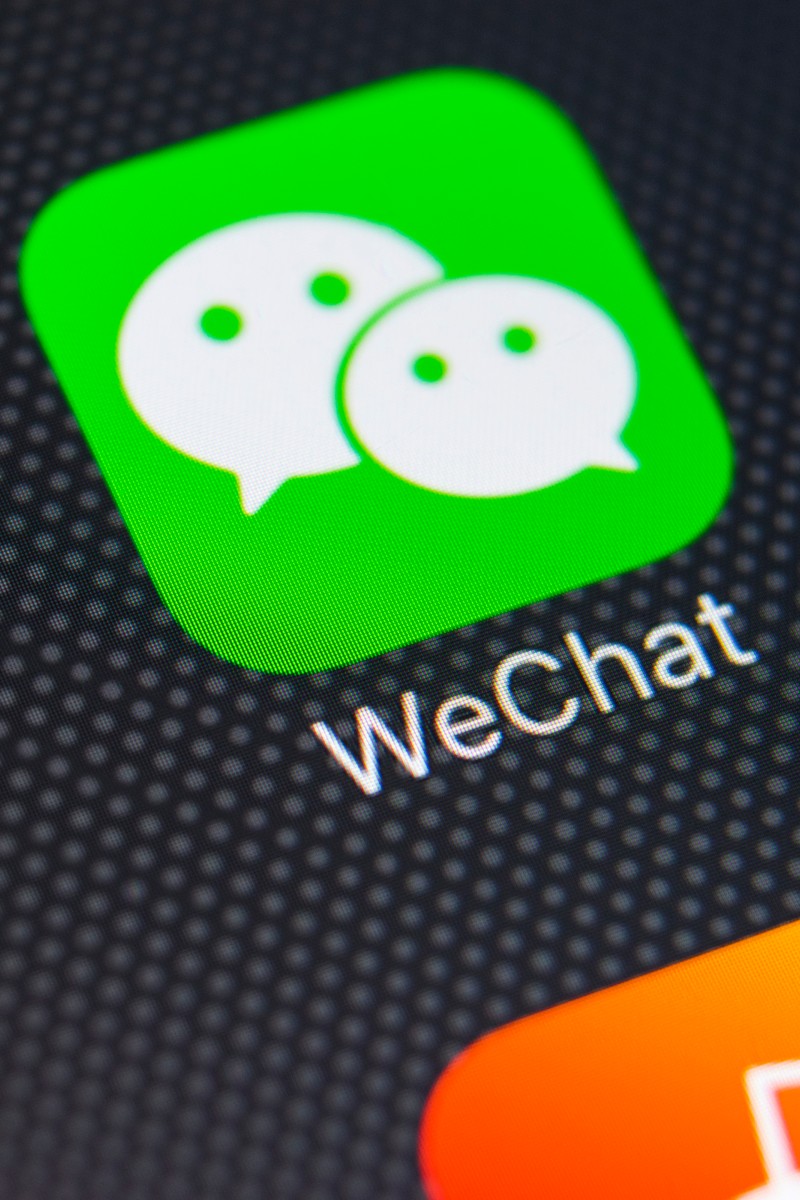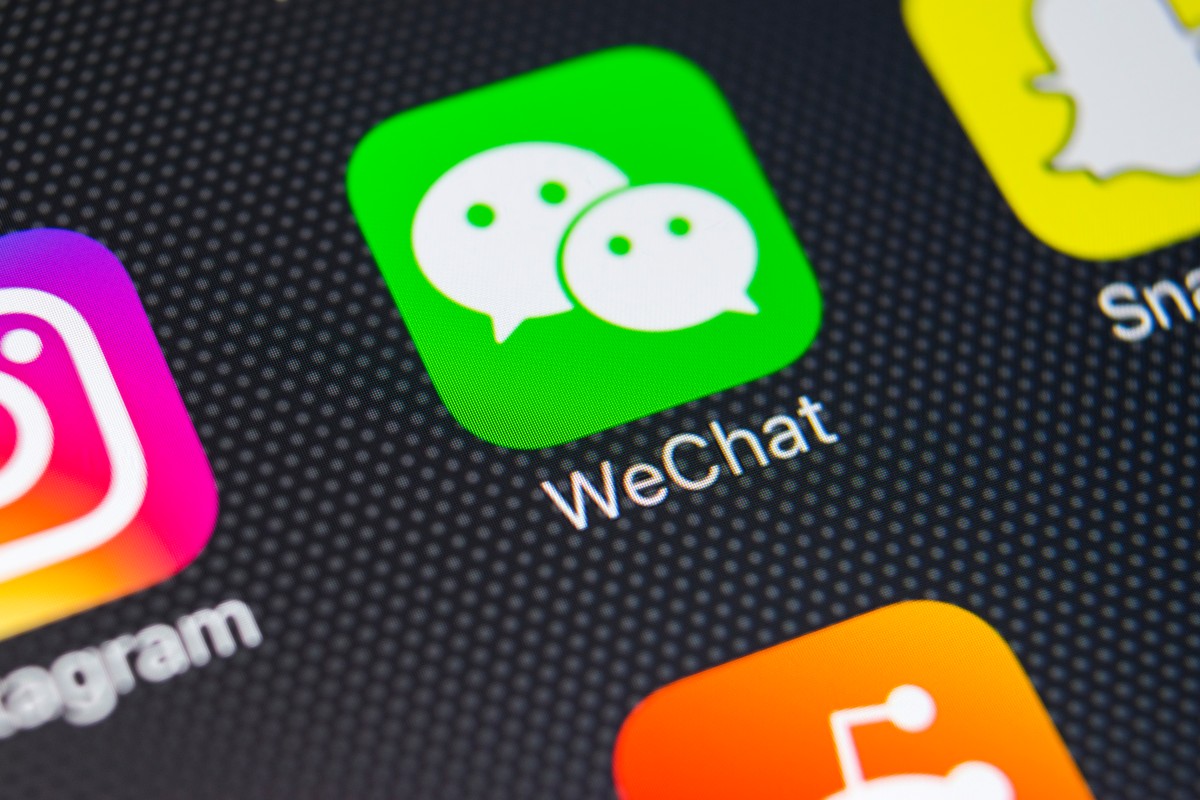
Social media authors and corporate reviewers of official accounts self-censor while authorities clamp down on politically sensitive topics

The US-China trade war was one of the most censored topics last year on China’s widely popular WeChat app, according to research published this week. With more than 1 billion users, WeChat is not only the most popular social app in China, it is also a primary news source for many Chinese internet users – especially because of its more than 20 million public accounts.
This has invited both heavy-handed censorship from authorities and painstaking self-censorship by authors and corporate content reviewers. WeChatscope – a research project at Hong Kong University’s Journalism and Media Studies Centre – tracked more than 4,000 public accounts covering daily news on the app throughout 2018 to analyse WeChat censorship.
The research team found that about 11,000 of the 1.04 million articles reviewed as part of WeChatscope had been censored. Among the top 10 most censored topics, three were related to the flaring tensions between the United States and China: the prolonged trade war, US sanctions against ZTE and the arrest of Huawei’s chief financial officer Sabrina Meng Wanzhou.
What you need to know about the arrest of Huawei CFO Meng Wanzhou
Representatives for Tencent, the owner of WeChat, did not immediately respond to a request for comment. “The research team found that the scope of topics censored on WeChat has expanded from domestic policies and social unrest to less politically sensitive topics, in what seems to be an effort to support China’s international political image as a ‘great power’’, the report said.
Associate professor King-wa Fu, who heads the project, said Sino-US relations was among the most censored topics last year.
The number of censored articles containing the keyword “Sino-US” peaked from late October to mid November, before falling after early December, when Chinese President Xi Jinping and his US counterpart Donald Trump hammered out a deal to put additional tariffs on hold for 90 days during their meeting in Argentina.
Domestically, the most censored topics on WeChat included the #MeToo movement, especially the public backlash in April, when Yue Xin – a student at the prestigious Peking University – accused the school of trying to silence her for demanding information about the handling of a sexual misconduct case that led to a star pupil’s suicide 20 years ago.
Another on the list was the vaccine scandal in July, when the drug regulator reported that Changchun Changsheng Bio-technology, one of the country’s biggest vaccine makers, had produced 252,600 substandard DPT vaccines that were given to hundreds of thousands of babies – some as young as three months old.
Posts about the world’s first genetically-edited babies – created by Chinese researcher He Jiankui and who shocked the global science community – were also heavily censored.
Donald Trump’s trade war rhetoric with China could become a reality
Other heavily censored topics last year included the investigation of business tycoon Ye Jianming; top actress Fan Bingbing’s US$129 million bill for unpaid taxes and fines; a deadly passenger-driver conflict in Chongqing and a scandal surrounding Hongmao “Medicinal Liquor”.
Chinese authorities doubled down last year on their control of online platforms to eradicate content deemed destabilising.
In November, an industrywide clampdown on content by the country’s cyberspace watchdog shut down 9,800 social media accounts in three weeks on platforms including WeChat, microblogging site Weibo, search engine Baidu, news aggregator Jinri Toutiao and others.